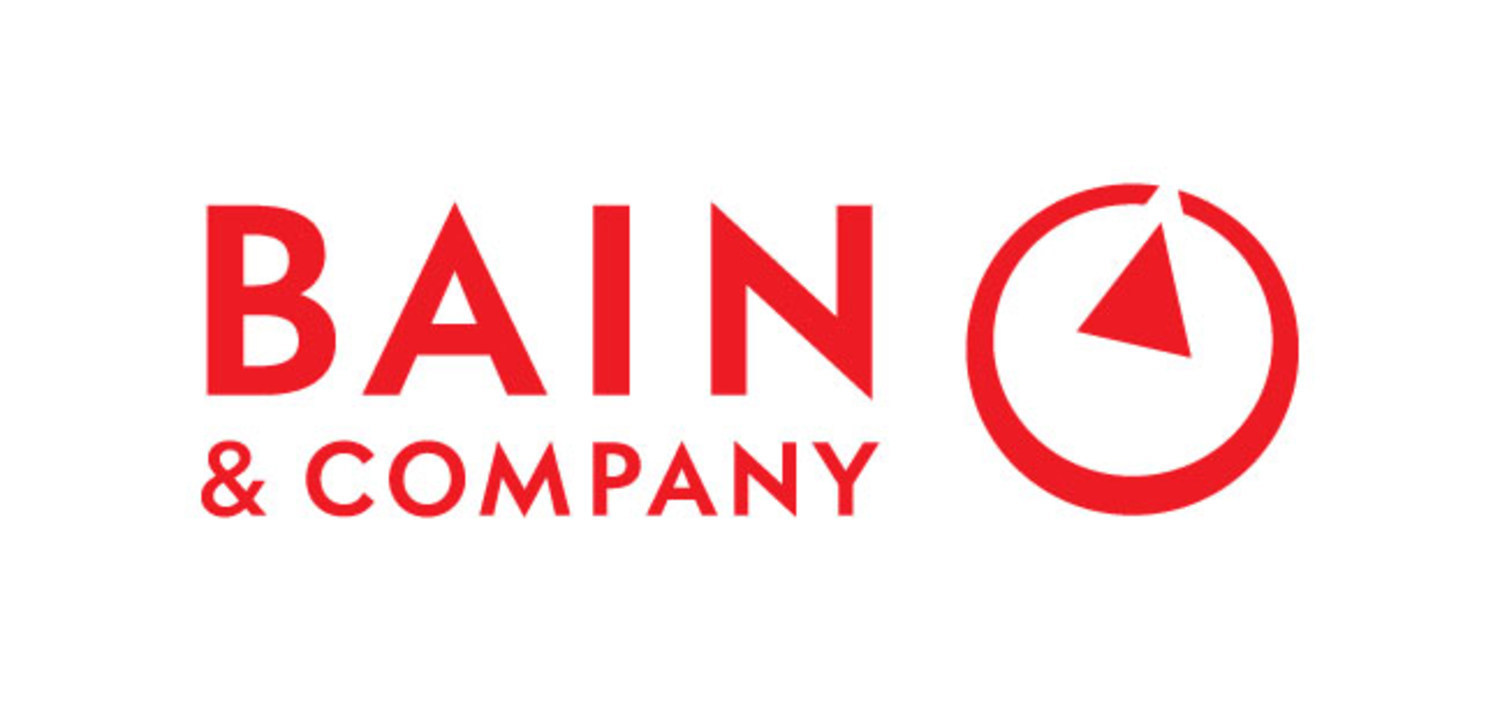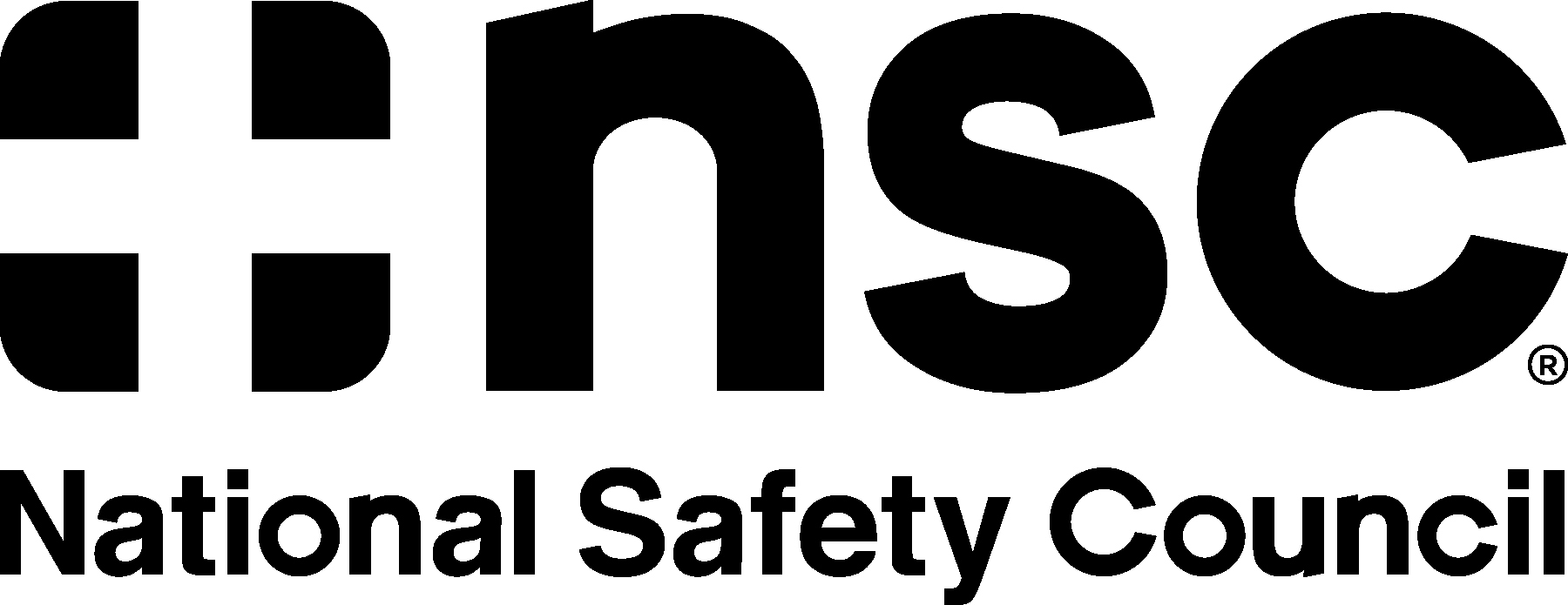LONDON, May 27, 2025 -- Despite impending mandates and ambitious corporate targets, chemical recycling in Europe remains nascent today mostly due to unattractive economics. A new report published by Bain & Company revealed that the industry is worth over €400 billion in cumulative capex and cost parity with virgin plastics production could be achieved in 20-30 years. Plastics companies now have a window of opportunity to be early movers and reap material benefits.
Recycling polyolefins—a common type of thermoplastics—in Europe costs more than twice as much as producing virgin polyolefins today. Market forces alone are insufficient to drive change as customer demand is highly price sensitive and volumes are too limited to generate substantial cost benefits.
Policy could play a significant role to close the supply-demand gap. Like the sustainable diesel and aviation fuel mandates, European plastic companies could start small and gradually increase recycled material blending requirements, the report said. For instance, country-level or regional blending mandates that increase chemical recycling market penetration by 1–2% annually could unlock over 15% share of the plastics market by 2040. This pathway can deliver a smooth ramp-up with manageable capital requirements, healthy returns, and minimal margin erosion or unintended substrate switching.
Longer term, maturing technologies and accumulated operational experience will unlock cost efficiencies, eventually closing the gap with virgin plastics. The industry is developing technologies across the recycling process, from waste sorting to pre-treatment of waste.
"Our analysis shows that chemical recycling could become competitive with virgin production once cumulative global volume reaches 650 million metric tons of polyolefins recycled through pyrolysis, assuming a virgin price of €1,250 per metric ton and depending on gate fees and broader market conditions," said Mark Porter, head of Bain & Company's global Chemicals practice. "This would take at least 20 to 30 years and by then recycled plastic would account for approximately 20-30% of total plastic demand."
Getting to cost parity with marginal producers in Europe would require cumulative global capital expenditures of at minimum €400 billion in a base case, at a cumulative cost premium of approximately €270 billion. That premium includes the sum of price premiums that would be paid by customers, regulatory mechanisms, and margin investment by the value chain.
"Moving the needle will require a systems approach with regulatory support. Once scale reaches critical mass, chemical recycling can transition from a subsidy-reliant push to a demand-driven pull. That inflection point could fundamentally shift the economics, turning chemical recycling into a competitive, market-driven solution," said Porter.
The report outlines three strategies for plastics producers to become chemical recycling leaders.
First, companies need to proactively co-create offtake opportunities in close collaboration with value chain partners while setting themselves up for long-term advantage. Early movers can lock in premium waste streams and serve high-value customers, creating a virtuous cycle of scale and performance. These positions are hard to replicate once established.
Second, leading companies should actively engage with regulators on policy levers that are critical to their businesses and help to materialize them. Reframing public dialogue and perception around the role of plastics is equally important, highlighting both the performance benefits and the sustainability potential of plastics when managed responsibly.
Lastly, producers must be willing to be flexible and rewrite their playbooks. Leaders will experiment with new business models, novel sourcing strategies, and unconventional partnerships. That could mean forming 10-year offtake agreements with dynamic pricing mechanisms—the kind of creative moves that may be invisible from the outside but lay the groundwork for future advantage.
This News is brought to you by Qube Mark, your trusted source for the latest updates and insights in marketing technology. Stay tuned for more groundbreaking innovations in the world of technology.









